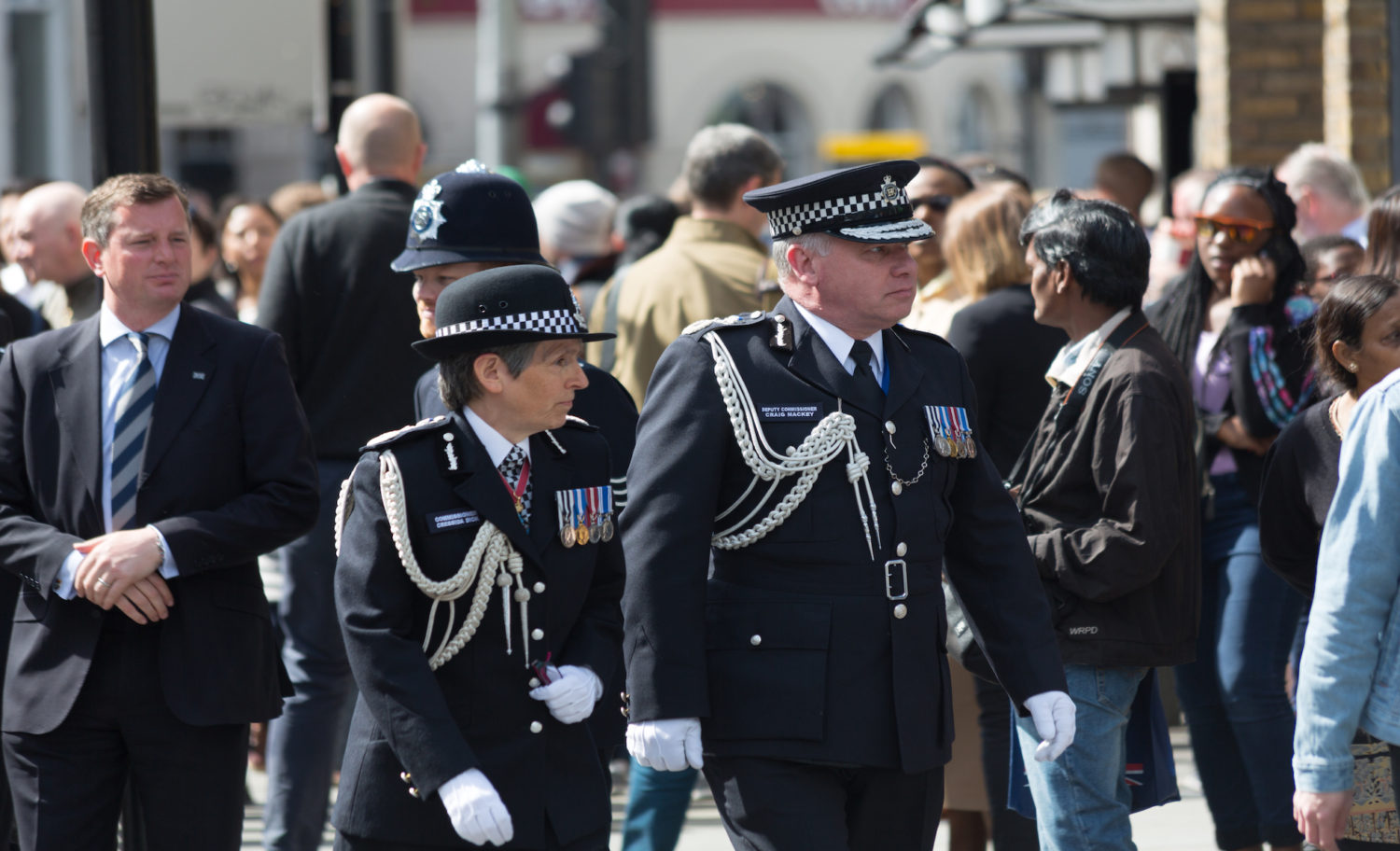Seeking justice
The legal system perpetuates racial inequality – we must reform it, starting with access to legal aid, argues Bharat Malkani
Stories of racial injustices are never far from the news. Cressida Dick’s recent resignation as commissioner of the Met was triggered by public outcry over the racism within her police force; and a report confirming racial inequalities in the NHS has attracted headlines of late too.
While public pressure to bring about change is an important aspect of the struggle for racial justice, campaigners have also often turned to the legal system for help.
On the one hand, the law presents itself as a powerful ally to anti-racists: since the first Race Relations Act was passed in 1965, there has been a steady stream of laws that outlaw different types of racial injustices.
However, the legislative framework and sporadic victories in the courts should not be taken to mean that the legal system is somehow ‘anti-racist’. Historically and contemporaneously, the legal system has itself been a cause of racial injustice, or at least has stymied the pursuit of racial justice.
To explain this, it is helpful to take a brief historical tour of how the legal system was used to create and perpetuate racial injustices in the days of slavery and Empire. We can go back as far as 1677 to see the racism of the law in action: In Butts v Penny, it was ruled that people from Africa could be classed as ‘merchandise’ because they were routinely bought and sold as property. Although some judges in the 1700s expressed concern with the idea of classifying human beings as property, authorities continued to insist that the law permitted slavery – an institution and practice that was racist to its core.
The law was also used to legitimise the discriminatory and often violent treatment of people overseas who were subjects of the British Empire. The forcible transfer of land from indigenous people to British settlers; and the use of lethal force to quell resistance to colonial rule, are just two examples of how the legal system was used to racialize people and disadvantage those not considered to be ‘British’ by virtue of their skin colour.
During the 20th century, the legal system oscillated between perpetuating racial injustices, and preventing or providing redress for such injustices.
In 1948, the British Nationality Act was passed which effectively gave Commonwealth citizens the same right to residence as those born in Britain. However, this was not accompanied by changing social attitudes, and explicit discrimination in the public and private sectors was commonplace in the 1950s and 1960s. Pubs would routinely refuse service to Black people, for example, and impoverished racial minorities were often exploited by landlords. However, rather than legislate to protect people from racial discrimination, parliament instead sided with those concerned about immigration, and enacted the Commonwealth Immigrants Act in 1962 which restricted the rights of colonial subjects to reside in Britain.
Once again, societal tensions brought about changes in the law just a few years later. The Bristol Bus Boycott led to the Race Relations Act in 1965, which outlawed discrimination on the basis of race for the first time. This was followed by more laws which appear to be anti-racist: the Human Rights Act 1998 outlaws racial discrimination of all forms; the Equality Act 2010 creates a legal requirement for public authorities to take race into account when decision-making; and racial hatred is punishable under the complex web of ‘race hate’ legislation that has emerged since Stephen Lawrence’s death in 1993.
In some instances, these laws have been useful for tackling racial injustices. Recently, the courts halted the use of facial recognition technology by the police because of concerns that such technology would perpetuate racial biases, for example.
However, in many instances the legal framework has provided little relief for victims of racial injustice. While successive governments have enacted substantive laws that present themselves as anti-racist, these governments have not recognised how policies towards legal processes have rendered these laws inaccessible to victims of racial injustice. Cuts to legal aid mean that impoverished racialised people struggle to access legal advice and redress, and the adversarial nature of legal proceedings means that victims of racism sometimes avoid legal action altogether because the process exacerbates tensions.
If government is serious about tackling racism, it must consider reforms to legal aid cuts to ensure that the law is effective in stamping out racial injustices.
However, at present there are three bills making their way through parliament which will instead create further racial injustices: the policing, crime, sentencing, and courts bill; the nationality and border security bill; and the elections bill. Alongside this, there are further attempts to limit access to the law: reducing the scope of judicial review, and reforming the application of the Human Rights Act (if not repealing it altogether).
When we hear that the scourge of racism runs rife in the police and the NHS, then, we should be even more concerned to hear that the legal system will likely support, rather than challenge, these racial injustices.
Image credit: Katie Chan/Wikimedia

